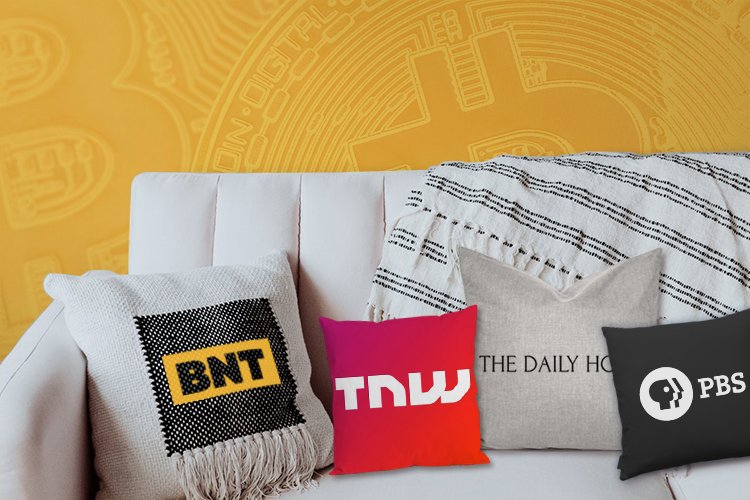Image Of The Weekend, 15-16 of September: PBS, Forbes, News.Bitcoin and Others

We're presenting "image of the weekend". Bitnewstoday.com has chosen the most important news about the digital economy and virtual currencies. Only the most valuable stories from only the trusted sources. Each and every event from this list will change the world of the digital economy either way. The most important stories of this weekend in the most indicative quotes are below!
1. NOT THAT IT SEEMS (The Daily Hodl)
Bitcoin serves as a tracking device that catches criminals
Bitcoin is known for cloaking the identity of people who use it to make anonymous transactions. But in the case of the 12 indicted Russians who are accused of interfering in the 2016 United States presidential election, investigators can use Bitcoin as a tracking device, navigating the blockchain through a trail of transactions to prove guilt.
Blockchain developer Tim Cotten shows how forensic analysts can use public blockchain information to trace Bitcoin purchases to the GRU, Russia’s intelligence agency. “It is not a good idea to commit a crime with Bitcoin because at the moment you have one single weak link in your operational security, all of your history is now exposed. As we’ve seen in case after case, indictment after indictment, where they’re shutting down drug trading and exchanges that are operating illegally, it’s not just traceable – it’s trivial to trace these things.”
2. BLOCKCHAIN COMMITS FOR JOURNALISM (PBS)
Can blockchain help fill journalism's funding gaps?
Plenty of startups are trying to reinvent the news business by adding features such as micro-payments or mobile video. But a startup called civil is trying to take a quantum leap beyond these efforts: it’s not just inventing its own platform for news and journalism, it’s also inventing its own currency.
Civil, founded by Matthew Iles last year, is building what it hopes will be an open marketplace for journalists, scheduled to launch in the spring of 2018. The building blocks of the project are blockchains and a bespoke cryptocurrency, a system of “tokens” that will both fund the development of the platform and compensate writers and editors.
3. RIPPLES DOES THE WAVES (The Next Web)
More than just a drop in the ocean
SBI Holdings is not quite done with its foray into blockchain. The Japanese financial giant has announced plans to launch a mobile payment app for iOS and Android that will use Ripple’s distributed ledger tech.
So far, all we know is that the app is expected to arrive this Fall and that it will be called Money Tap. This collaboration is a part of SBI Ripple Asia, which the two companies founded in 2016 in efforts to develop various blockchain-based fintech solutions.
4. A NEW HOPE (Forbes)
The agricultural supply chain can massively benefit from blockchain
U.S. consumer goes to the grocery store and buys chicken for his evening meal. He “trusts” that the chicken is safe, that it has been inspected by USDA experts and is okay to eat. But he knows nothing about the origin of that chicken, how it was grown, or whose “hands” it went through on its way to that grocery store shelf.
A recent study, funded by the Dutch government, looked into the potential of the blockchain for the agricultural industry. While its conclusions were that much more study and research, along with refinement of blockchain technology, must be conducted, the potential is certainly there. What the researchers state is that the use of blockchain could feasibly result in much greater consumer trust and even lower costs, as agribusiness begins to adopt the technology.
5. DUTCH PUNCH (News.Bitcoin)
Netherlands’ largest banking group fined $900m for money laundering
This week Dutch authorities revealed to the public that the Netherlands’ largest financial services provider, ING, had violated numerous money laundering laws because they didn’t scrutinize unusual transactions and certain accounts.
ING has detailed it will pay the $900 million but has explained that no individual ING banking institution was aware of the violations taking place. Dutch prosecutors have also confirmed that they “had found no evidence” of ING staff knowingly aiding the money launderers. However, ING’s Chief Executive Ralph Hamers said ten employees were either dismissed or saw their bonuses taken away.